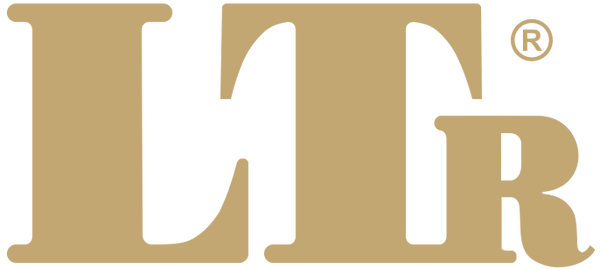Revista LTr | Outubro de 2021
Por Antonio Rodrigues de Freitas Júnior e Victor Raduan da Silva
Brazil is a founding member of the International Labor Organization (ILO) and opened the first ILO office in Latin America. One of the pillars of the Organization is social dialogue, which requires governments to take into account the perspective of employers’ and workers’ representatives when deciding and implementing any relevant socioeconomic public policy. In economic issues, the World Bank evaluated in 2020 that Brazil made some good decisions, but projected a GDP contraction of 5.4% due to the COVID-19 pandemic crisis, which is significantly intense. The far-right populist President Jair Bolsonaro (2019-present) has been promoting legal provisions to deal with this scenario, and many of them tend to weaken the role of unions — like the Provisional Measure (MPv) No. 927/2020. Economic problems, however, started even before the pandemic crisis; the Brazilian GDP has been showing instabilities for many years. During the Government of President Michel Temer (2016-2018), this situation offered conditions to pass the 2017 Labor Reform — Law No. 13,467/2017 —, which improved flexibilization to the labor market, allegedly to foster job creation. This paper aims to briefly discuss the far-right populism of the Bolsonaro Administration, to what extent some international labor guidelines have been observed, and how the Brazilian public opinion evaluated Presidents Temer and Bolsonaro amid the mentioned legal provisions.
Keywords:
Far-right populism; Social dialogue; Political popularity.
Summary:
1. Introduction.
2. Populism.
3. Brazil, the ILO, and social dialogue.
4. The Brazilian economic performance.
5. Controversial labor measures in Brazil.
5.1. President Michel Temer.
5.2. President Jair Bolsonaro.
6. Conclusion
7. References

